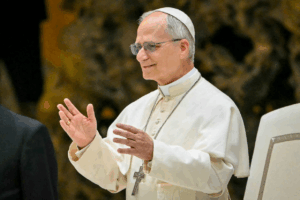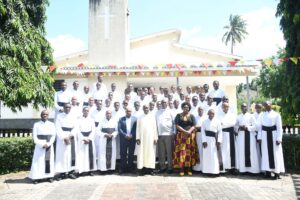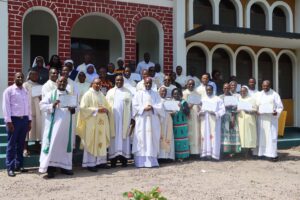AMECEA PLENARY: AMECEA Logo: A Road to Living The “Laudato Si”
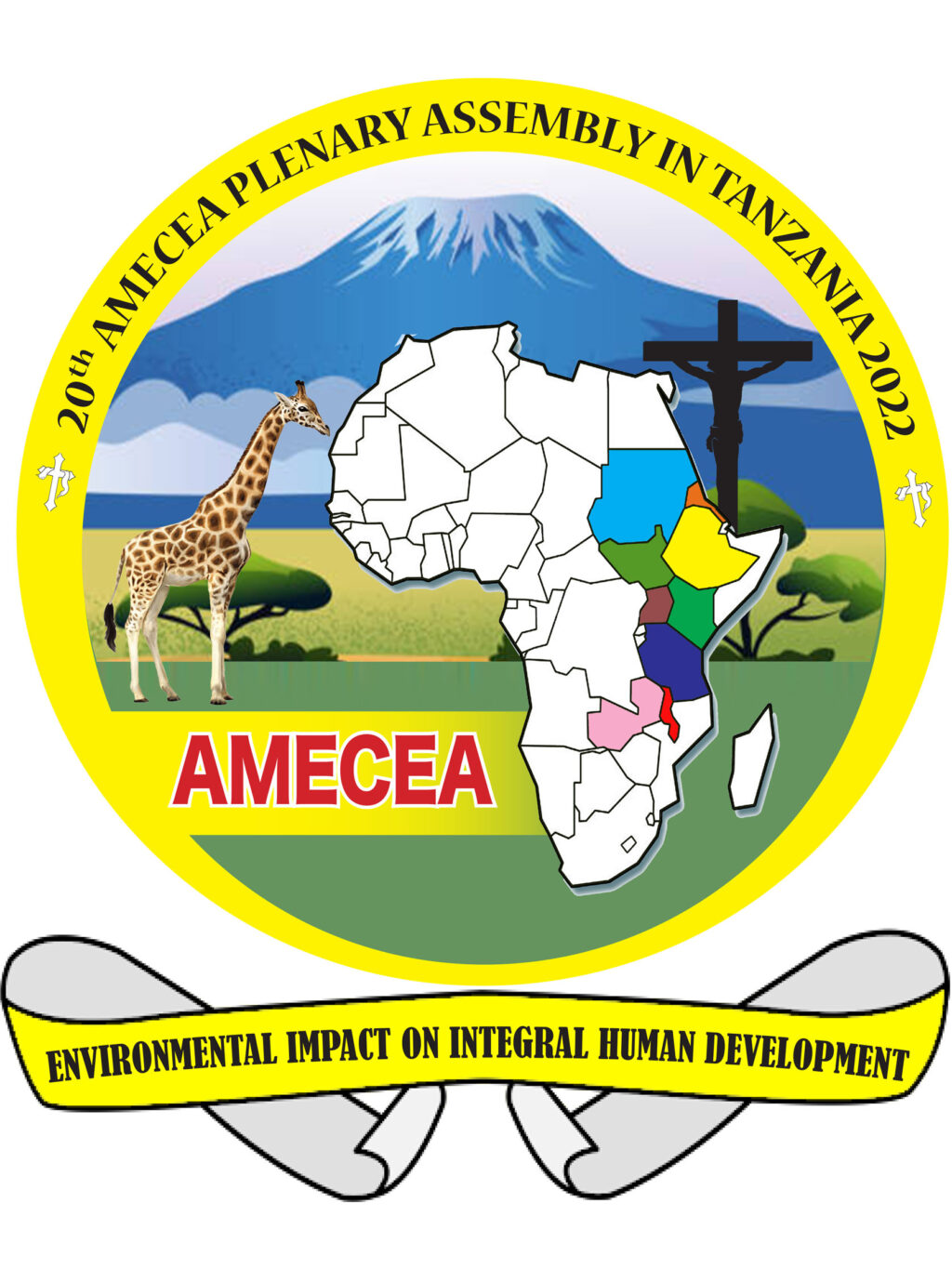
By Elizabeth Asasha
The AMECEA thematic logo is a symbolic call to action, a vivid depiction of the ideal environment that the world envisions, and the core of the 20th Plenary Assembly that has brought together environmental stewards from AMECEA member states and two affiliate countries to deliberate on lasting solutions to the adverse impacts of environmental degradation which continue to threaten the very existence of humanity.
Speaking during the opening of the historical convention of different episcopal conferences in the Eastern Africa region, the Head of Justice, Peace & Integrity of Creation (JPIC) department in the Tanzania Episcopal Conference (TEC), Dr. Camillus D.N Kassala propounded a detailed “See, Judge and Act” precept to living “Laudato Si” in the AMECEA region and beyond.
“We should ask ourselves what we the religious, clergy, and lay faithful should do to respond to our father’s message Laudato Si. The first step is to see the elements in the logo, and in judging, we look for the signs in society and discerning whether they serve the mission of the Kingdom of God” he said stressing the need to respect and protect God’s creation.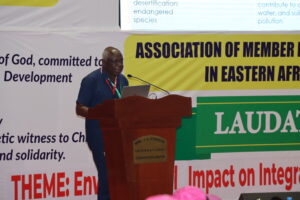
Quoting His Holiness Pope Paul VI during his visit to the Food and Agriculture Organization (FAO) on the 25th anniversary of the institution (Monday 16 November 1970), Dr. Kassala reiterated the urgent need to see and judge the ecological predicament and act swiftly to mitigate environmental challenges and salvage our common home.
“The progressive deterioration of the environment risks provoking a veritable ecological catastrophe, the pollution of the air we breathe, the water we drink to the point of inspiring fear of a true biological death in the near future if energetic measures are not immediately and courageously taken and rigorously put into practice” echoed the Tanzania-based Senior Researcher, 52 years later after Pope Paul made the remarks.
The Logo and Theme exposition explain the symbols and elements which represent the important components of the environment, how human actions and inactions continue to damage and alter the ecological balance, and the expected outcome which can only be achieved through thoughtful visualization, sound judgment, and course of action.
In a question directed to the East African religious leaders, Dr. Kassala urged the leaders to understand Pope Francis’s most comprehensive document on environmentalism, ethics, and Christian faith in order to combat the harmful effects of environmental pollution and deterioration and to achieve integral ecology for the mutual sustenance of all God’s creation.
“As pastors of the church in Eastern Africa, how can we translate our understanding of the message of Laudato Si into an effective pastoral response to the adverse impacts of nature on integral human development in the Eastern African context?”
The AMECEA Plenary Assembly is a quadrennial convention that takes place every four years. The bishops are expected to choose the theme and the host country for the next convention slated for 2026.
